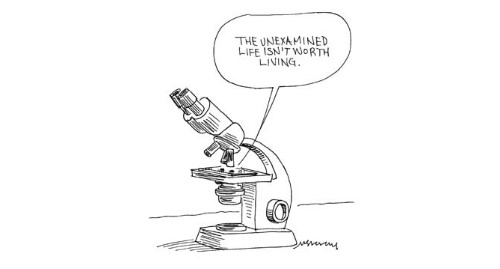EU’s Unexamined Policy on Eritrea

According to Reuters, the European Union hopes development aid to Eritrea will stem a growing exodus of Eritreans attempting the dangerous journey to Europe to claim asylum there… The EU approved a major aid package for Eritrea in 2007, worth 122 million Euros (£87 million) in aid over a six-year period.
Is it not yet evident that EU’s policy on Eritrea has not worked at all for the last 7 years? It has probably contributed to the worsening social, political and economic conditions in Eritrea.
Reuters news also reports that the U.N. refugee agency UNHCR says the number of Eritrean asylum seekers in Europe tripled to nearly 37,000 in the first 10 months of 2014, of whom 34,000 came by sea. Earlier this month, an interim report of a U.N. investigation said Eritrea was ignoring human rights laws and exerting pervasive state control and ruthless repression on the population. According to EU diplomats, Brussels is planning a multi-million euro development package that Eritrea will be allowed to spend on energy and other sectors.
EU’s short-term policy to Eritrea’s complex internal crisis is a manifestation of negligence and lack of critical examination. By not looking into and addressing the underlying causes of the horrendous and almost incomprehensible mass migration of Eritreans to Europe and other parts of the world, the EU will have to bear part of responsibility for applying the wrong remedy while it still had or has the opportunity to conduct a rigorous investigation by consulting interested parties to find and frame a long-term settlement to Eritrea’s current and never-ending crisis.
At the moment, the one simple and obvious ‘action’ is to refrain from financing a corrupt and repressive regime in Eritrea. The not obvious but simpler and long-term approach is to consult the Eritrean civil societies in Diaspora, individuals and institutions who have developed an awareness and have, over the last 10 to 20 years, accumulated an in-depth knowledge of the intricate issues afflicting Eritrea.
If EU’s unexamined policy on Eritrea remains on its current course, mass migration of Eritreans to Europe will carry on indefinitely.
Worse, this EU’s quick financial-fix strategy will perhaps contribute to more Eritrean deaths by drowning in the Mediterranean, escalate the cost of European maritime search and rescue operations, and further feed the human smugglers in their crafty and despicable business endeavours.
Through this superficial policy, the EU taxpayer will not only be paying to exacerbate a human tragedy, it will actually be rewarding the despotic Eritrean regime that caused it. Does Neven Mimica (the EU Commissioner for International Cooperation and Development) really believe that the current Eritrean Government cares at all about the destitute in Eritrea and those who are perishing in their thousands in the Mediterranean Sea?
Europe is not doing itself, or the Eritrean people any favours.
It is as simple as that.
Gabriel Guangul
21 April 2015


![[AIM] Asmarino Independent Media](/images/logo/ailogo.png)
